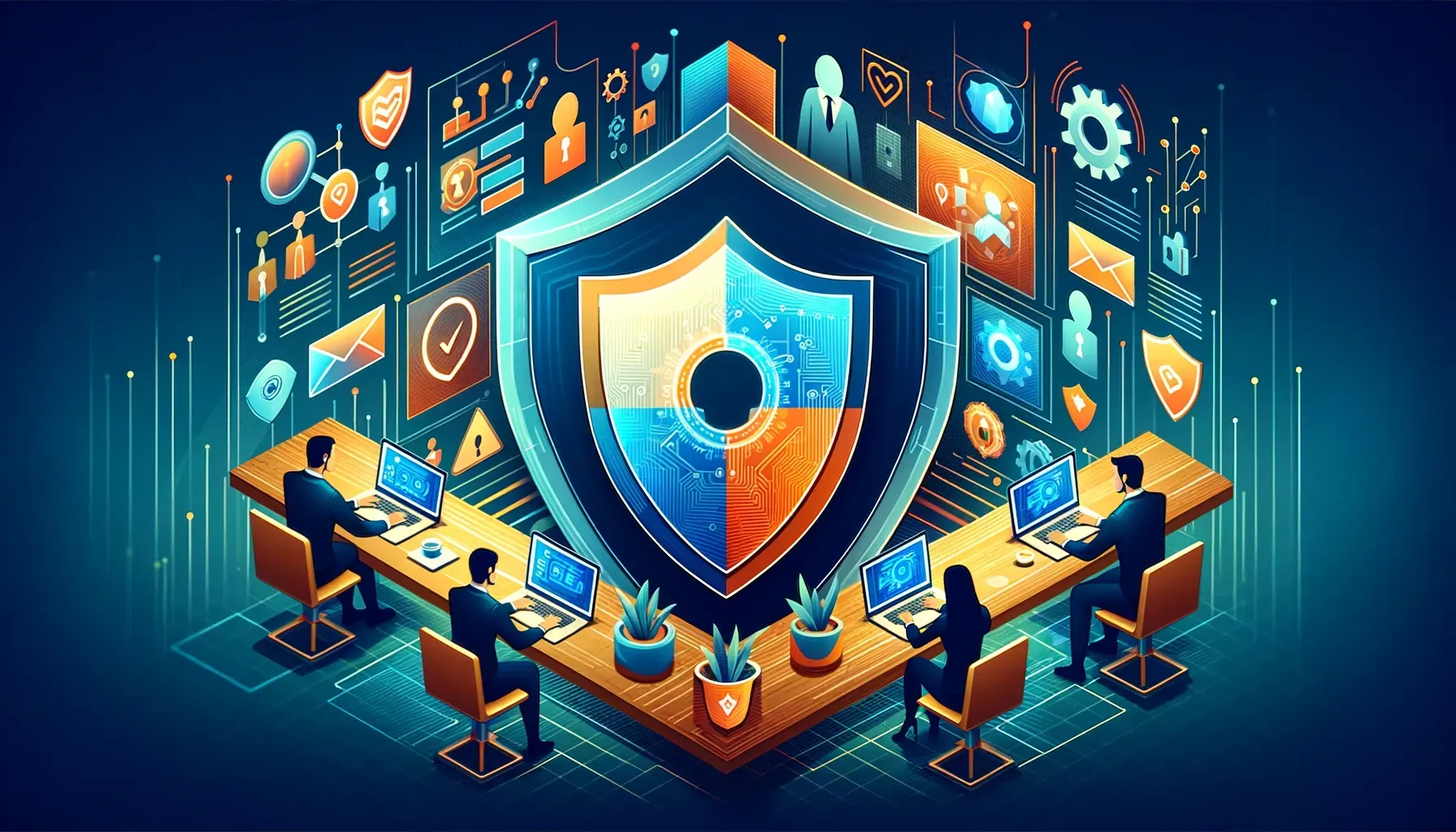Guest Post: Risk Assessment Questionnaires - How Administration Shapes Security Culture
At first glance, risk assessment questionnaires appear straightforward.
These assessments involve presenting questions that, when answered, indicate the current state of security practices or identify areas where a security practice cannot be identified at the time the questionnaire is answered.
However, there's a crucial yet often overlooked aspect to how these assessments are conducted that significantly influences how teams perceive their role within the organization's security culture. The key question in administration is: who is responsible for conducting the risk assessment?
When a security professional conducts a risk assessment, it sends a message to the team being assessed that only someone in the security field can effectively and accurately handle this task. Conversely, when a team is given the authority to conduct their own risk assessment, it signals that they are accountable for selecting and implementing suitable security measures in their work, indicating trust in their judgment and capabilities.
This nuanced yet crucial change in perspective significantly influences how teams perceive their place within their organization's security culture. It's a pivotal decision for security professionals to weigh when deciding how to position their risk assessment approach.
This doesn't mean that security professionals aren't essential in risk assessment. In fact, many decisions made during the development of a risk assessment have significant implications for security culture. Every aspect of the risk assessment process sends messages to teams about the organization's priorities in security practices, the depth of understanding expected, the allocation of security responsibilities, and more. Therefore, security professionals should carefully consider providing teams with sufficient training, selecting relevant questions, tailoring questions to their organization, referring to supplementary materials when needed, and offering expert guidance through consultation.
In summary, the way risk assessment questionnaires are administered significantly influences an organization's security culture. Whether led by security professionals or teams, this decision affects perceptions of responsibility and trust. It highlights the crucial role of security professionals in guiding assessments and aligning them with organizational goals to promote a culture of security awareness and responsibility.









